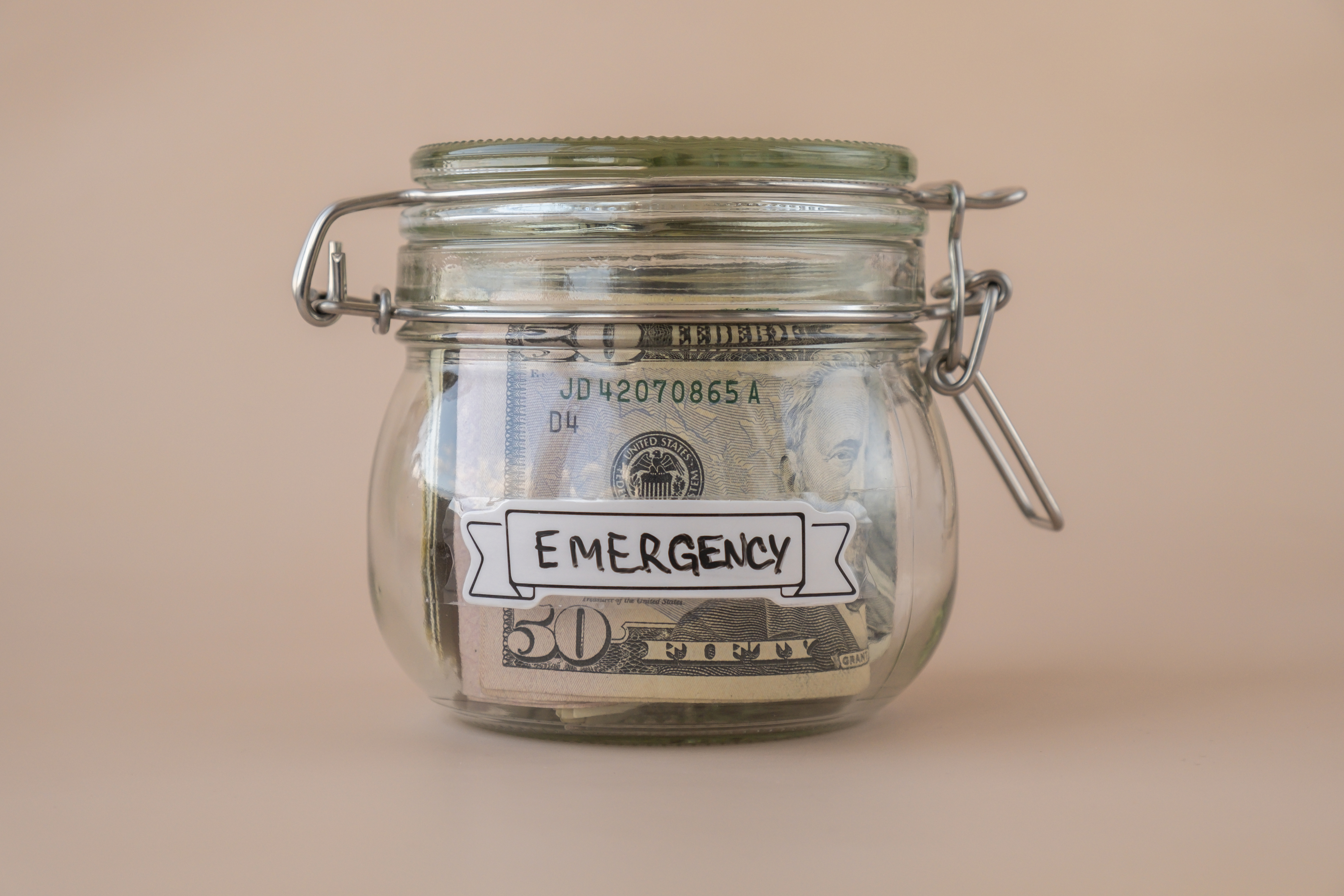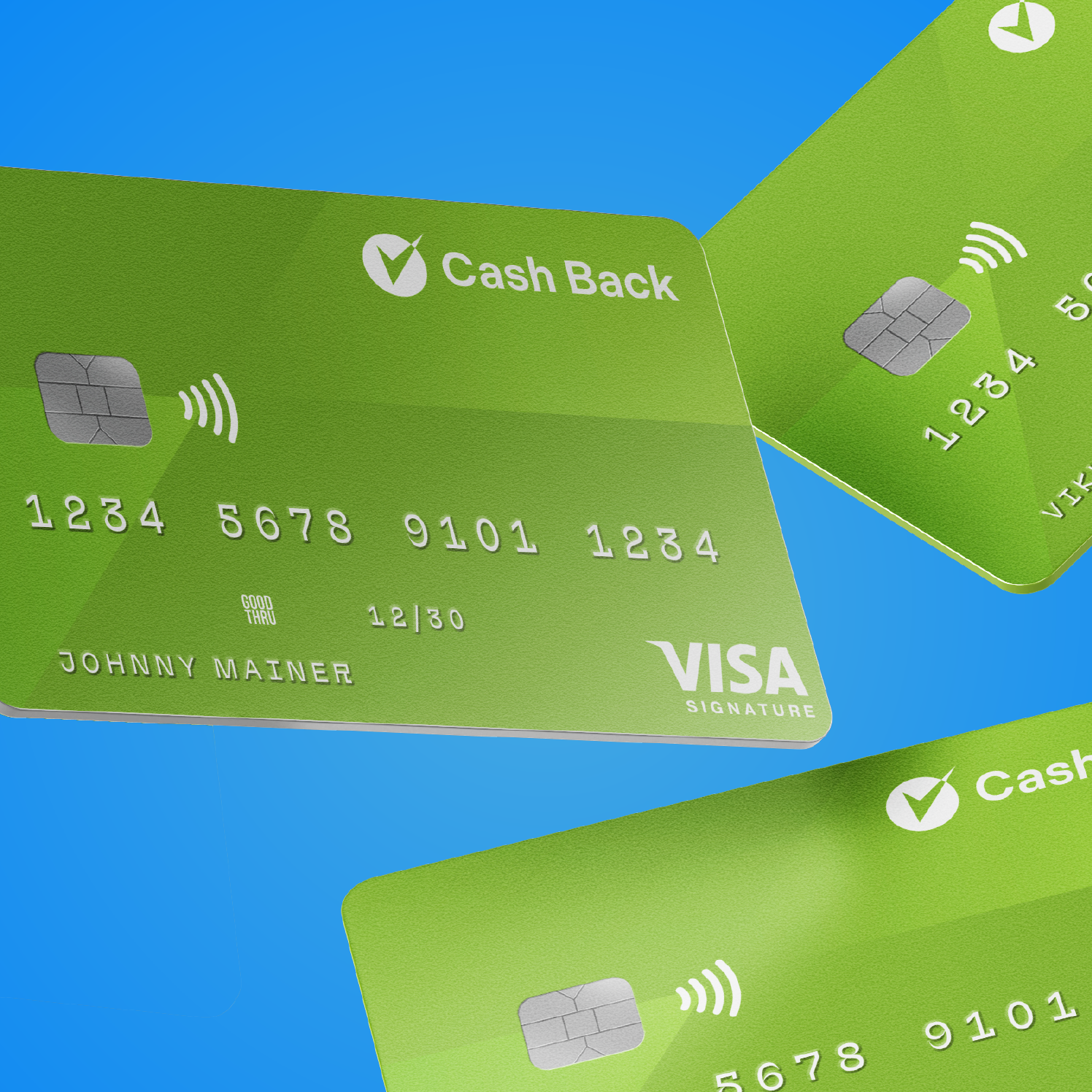Experiencing an unexpected financial emergency? It happens to us all. Whether it’s a sudden car repair, a pet emergency, a broken pipe in the basement, or a sharp increase in one of your monthly bills, financial emergencies can make you feel like you don’t know where to turn. And when you’re stressed, it’s easy to reach for any solution you can find, even if it means more trouble down the line. In this blog, we’ll talk about how to handle a financial emergency: where to turn, how to ask for help, and what to know before you act.
As Benjamin Franklin once said, ‘an ounce of prevention is worth a pound of cure’ and that’s especially true when it comes to finances. The best way to prepare for a financial emergency is by building your emergency savings now, before you need it. That can be hard to do if you’re living paycheck to paycheck, but it is possible. For tips on starting small, learning to save and getting in front of emergencies before they happen, check out Tips for Getting Through Uncertain Times and Ways to Reduce Your Spending.
When a financial emergency happens, it can be tempting to not touch your savings and put the emergency cost on a credit card or other loan. After all, seeing that savings balance can be comforting and ease your anxiety – so why not just leave it there and borrow funds instead? But remember: your emergency fund is exactly that, it’s there to be used when you need it. Borrowing should be reserved for when you don’t have the cash on hand. Borrowing money will mean an additional monthly payment, along with interest charges. You’re much better off using your emergency savings, and then ‘paying’ back into it each month instead of paying on a loan. But what happens if you don’t have an emergency savings account, or don’t have enough to cover it?
Let’s go over some of the best options, and some of the ones you should avoid.
Tap into your circle! Family, friends, community or religious organizations you may belong to – these can all help out when you are feeling overwhelmed by a sudden expense. Reach out to the folks who care about you. Even if they can’t help financially, they may be able to suggest resources you don’t know about. Plus, they’ll give you important emotional support to help you through the tough times.
Low interest rate
If you need to reach for a credit card, make sure to pick one with a low interest rate. You’ll likely need to carry the balance, so things like points or cashback are not going to offset the interest charges you’ll get if you need to pay it down over time.
Intro Rates
Be wary of intro rates, store cards or “emergency” cards like Care Credit. A low intro rate is only worthwhile if you are certain you can pay it off before the rate ends. And store cards, which can be tempting if you have big home repair expenses, often come with high rates and retroactive interest if you don’t pay them off in time. The same is true for emergency credit offers for medical or veterinary expenses.
Personal Loans
If you have time to reach out to your credit union before covering the expense, your best bet is probably a personal loan. These come with lower rates and fixed payment, which can help you feel more secure during an emotional time. Credit unions are also member-focused, willing to listen to your story and help make sure the solution fits your needs and your finances. If you do have to put the initial costs on a credit card, you can use a personal loan to consolidate that debt and move it to a lower rate.
*(Bonus) - If you have a home equity line of credit (HELOC), this can be a great option to help cover home emergencies. These lines typically have lower rates than a credit card, since they are secured by your home.
NEVER go to a payday lender, even in an emergency.
Whether it’s a local “check cashing” storefront or an online option, payday loans come with hefty fees and penalties that make it difficult to pay back. These predatory lenders will often try to convince you to continue taking out longer terms and additional payday loans, creating a cycle that is hard to escape. Even though they don’t charge interest, their finance fees will greatly exceed most credit card interest rates. In fact, the average effective interest rate on a payday loan is over 250% - with many coming in well over that. If you feel like you have nowhere else to turn, reach out to your local credit union first – it’s what we’re here for!
Whenever possible, try to take a breather between the emergency and making big financial decisions. Even a day or two can give you the time to talk with others, reach out to your credit union, and look at financing options. If you do need to make a quick decision in the moment, make sure you follow up on other options after – whether it’s refinancing a credit card to a personal loan, moving a balance, or planning for what comes next, talk to the people who are in your corner.
Local resources can help
If you feel like you are out of options, or need extra help covering an expense, or even knowing what to do next, there are local resources that can help.
- 211 is a great resource that will match you with the organization you need. It will help guide you to local groups that can offer concrete long-term solutions as well as immediate help.
- Heap: If you need help with emergency heating costs, HEAP is the place to start.
- York County Community Action Corp and The Opportunity Alliance: These local organizations can help you find the resources you need to get through your emergency, as well as helping you find ongoing resources for long term security.
Being faced with a sudden financial emergency can be discouraging and difficult. But you don’t have to face it alone; we are here for you. Reach out today to discuss your options. We’re here to help, judgement free and neighbor to neighbor.






